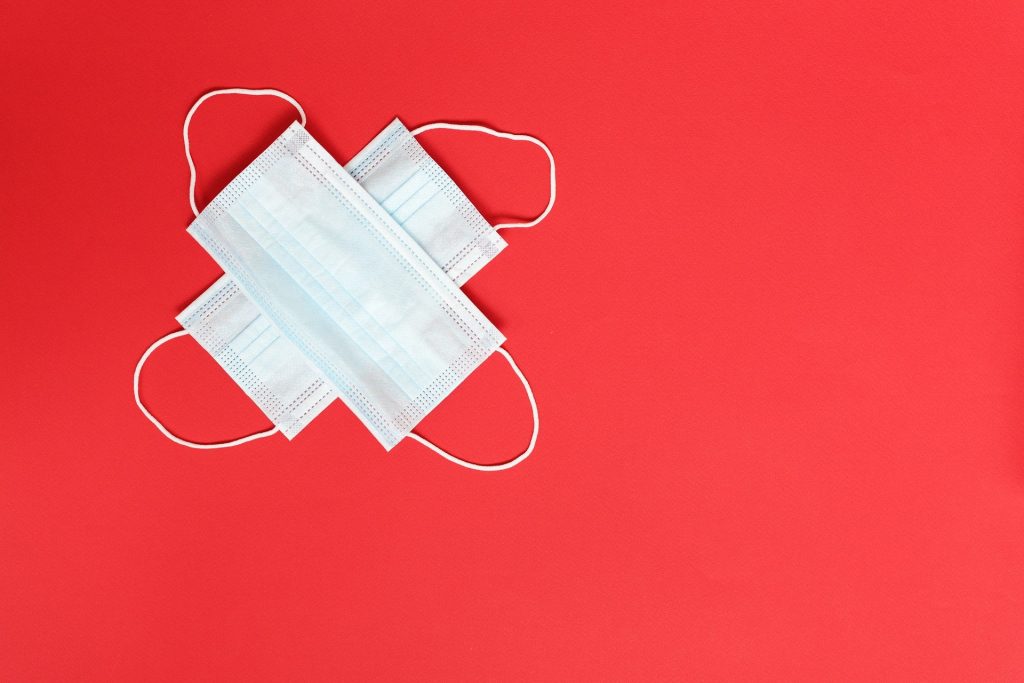
The global health pandemic may, on its face, have little to do with cross-border corruption and asset recovery. Look a little beneath the surface though and it becomes clear that the challenges posed by the pandemic have far reaching implications for the prevention of cross-border corruption and the recovery of stolen assets.
Pandemic-related challenges
The pandemic has already and is likely to continue to reduce the possibility for oversight mechanisms to play their role effectively in fighting corruption. In several countries parliaments have been suspended at various points or have been operating at limited capacity, while in other countries there have been concerns that laws have been introduced have more substantively changed the possibility for parliamentary or public oversight, such as the Hungarian emergency law or the Brazilian limits to the freedom of information law.
In other cases, social distancing rules and the speed of the response may have made it more difficult for public agencies to play their traditional oversight roles over public spending. This may include decreased capacities for public agencies to check contracts and monitor implementation, as well as a loosening of procurement rules to speed up the purchase of equipment.
Taken together, this lack of oversight is likely to have made it easier for high ranking officials to divert money out of either the response to the pandemic or general public spending and to their personal use. It is also likely to have made it more likely that contracts have been and will be awarded to persons connected with the government without proper conflict of interest safeguards. In Kenya, for example, there have already been questions raised about spending of COVID-19 funds, while in the UK there have been allegations of large public contracts going to acquaintances of high-ranking politicians without competitive tenders and a general lack of transparency around contracts awarded during the emergency.
In light of the large economic stimulus packages being implemented to deal with the effects of the shutdowns as a response to COVID-19 in several countries, the risk of more of this money being stolen is high. Investigative journalism into these deals, contracts and public spending, and eventually asset recovery will therefore likely play an important role in addressing the economic consequences of the pandemic.
Asset recovery opportunities out of the pandemic
So what of the other side: how could the pandemic and asset recovery work together for more positive outcomes?
Firstly, stolen assets already recovered can also be put to good use to fight the pandemic. In Kenya, Sh2 billion (US$19 million) has been earmarked from funds recovered from corruption for the response to COVID-19. This model could be used elsewhere as governments struggle to address the financial costs of the shutdowns and potential job losses.
Secondly, we can use the crisis to address some of the underlying causes of cross-border corruption and asset recovery. The Tax Justice Network has called for bailout funds to be blocked for companies registered in tax havens for the purposes of tax avoidance, a measure that could be a stepping stone towards the decline in secrecy jurisdictions that also facilitate flows of corrupt money. Transparency International has also set out ways that the pandemic could be used to fight corruption, including encouraging the use of online tools to participate in and organise for public life and in rethinking how we conceive of the common good, issues that would also help to address future cross-border corruption and asset recovery. The Basel Institute has further put together suggestions for how to use the crisis to specifically improve the situation for asset recovery. This includes thinking around: increasing digitation of anti-corruption agencies; streamlining procedures for prosecuting corruption and setting up a digital system for mutual legal assistance; reconsidering how returned assets are used; changing the intergovernmental practices around returns; and more deeply considering asset recovery’s link to sustainability.
What is clear is that COVOD-19 and the financial response to it is likely to increase corruption, perhaps exponentially, as opportunities to steal and amounts of money grow. Asset recovery is therefore likely to become even more important in the years to come. Recognising this now, we should be aware of the corruption risks and put as many safeguards in place as practicable to prevent theft, including looking at the systems which facilitate money being hidden overseas. We should also take note that money probably already has been stolen and will be in the future, and seriously consider how we can make the recovery of stolen assets more effective, transparent and accountable.
